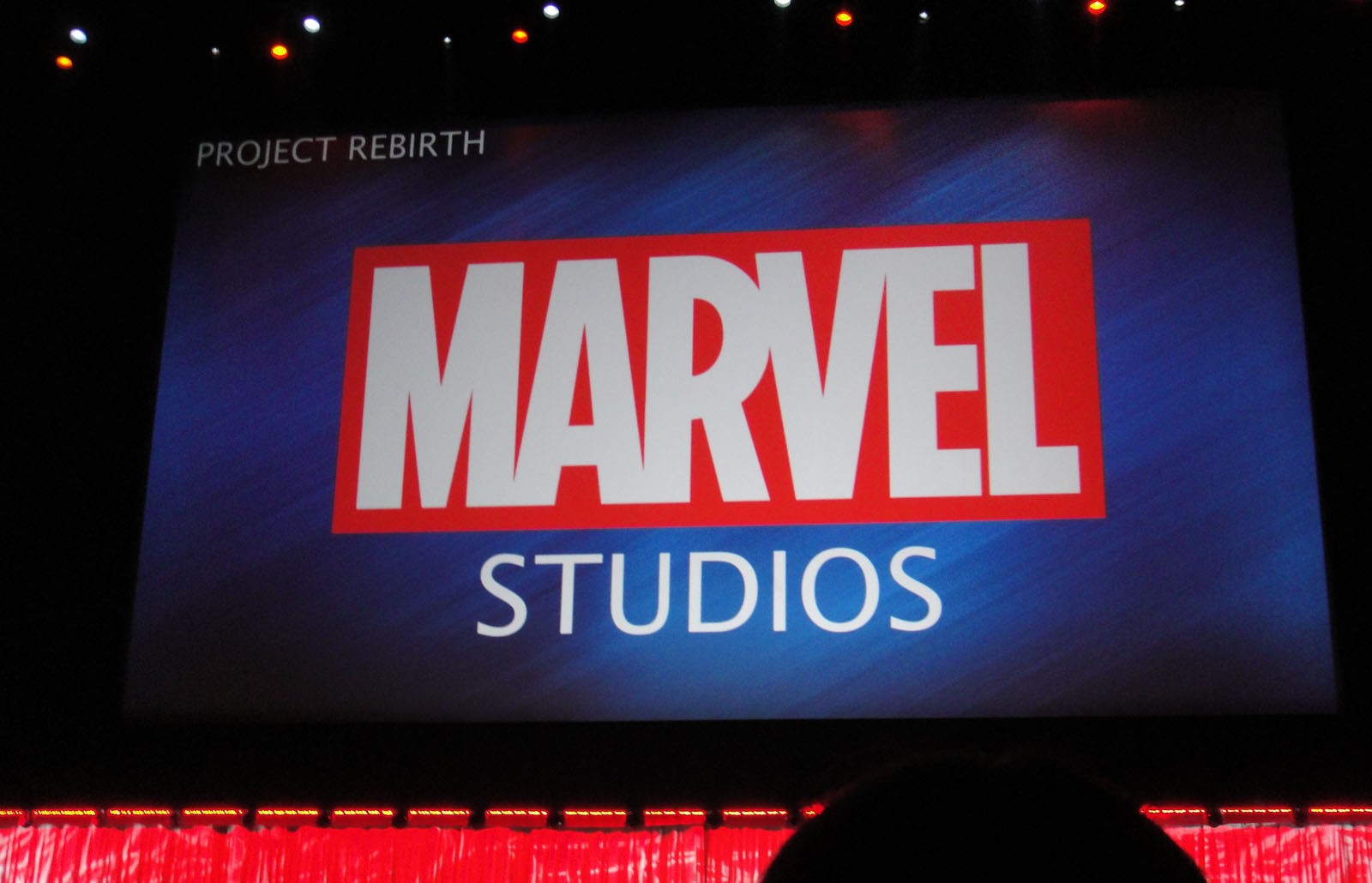Ant-Man and the Wasp Quantumania Review
After a shaky phase four in the Marvel Cinematic Universe (MCU), the third “Ant-Man” movie within the franchise, “Ant-Man and the Wasp: Quantumania” (Reed 2023) looks to kick off phase five with a bang. Unfortunately, the latest Marvel film product slips out of the gate.
In this film, Ant-Man/Scott Lang (Paul Rudd), his daughter Cassie, and the family of his loved one, Hope (Evangeline Lilly), accidentally get trapped within the Quantum Realm. As our heroes look to find their way out, we begin to learn about the past of Janet Van Dyne (Michelle Pfeiffer), the mother of Hope, and the thirty years she spent in the Quantum Realm.
We learn that she assisted the main villain of the story, Kang (Johnathan Majors), who forces Ant-Man to retrieve a power core for his ship which can travel the Multiverse. The story slowly reveals why this would be dangerous for all universes, as Kang is a character who controls multiple timelines through conquest, killing as he sees fit. His escape from the Quantum realm would reverse the actions of a certain group that exiled Kang for his past conquests.
This film also focuses on the development of an older Cassie Lang (Kathryn Newton), who starts to show similar tendencies as her dad, Scott. We first meet her being picked up from a jail cell after being arrested during a protest. Throughout the film, we see how the story was written with Cassie’s growth in mind, as she becomes a more independent character. But she is also used often as a plot device to help her dad’s growth as a character. This echoes the attitude for the growth of Janet Van Dyne towards her daughter, Hope, and husband Hank Pym (Michael Douglas). Unfortunately, these emotional plot points are driven by each character’s self-pity, which cripples them from revealing information that, if revealed, could have avoided the whole story.
The one bright spot in this film when it comes to the writing of characters is Kang. Majors’ dynamic range allows him to produce an excellent performance of the most unique villains in the Marvel Universe. The movie’s main intent is fulfilled, as Kang the Conqueror’s future is now set within the MCU.
Many people have an issue with Marvel’s recent slump within the visual arts department, as the CGI (computer generated imaging) in some phase four projects has been criticized by fans and critics alike due to a lower quality of CGI compared to earlier Marvel movies. Well, this film carries the same issues, and the lower quality of visual effects rears its ugly in some parts of the movie. For critics and fans, much of this issue has been focused on a side villain called MODOK, who is a human-turned-supercomputer. His comic design is ridiculous in and of itself. The first time you see MODOK, you either want to laugh or vomit. Personally, I wanted to vomit.
The good news for Marvel fans is that Majors as Kang looks to have been an excellent casting choice, and his future with Marvel is just beginning. We know this because Kang is going to be the main villain of the future Avengers movies: “The Kang Dynasty” (2025) and “Secret Wars” (2026). With his acting range and dynamic ability, Majors’ character is looking to be an awesome follow up to Thanos as an overarching villain.
However, I am conflicted with my feelings because this is the third Marvel movie in recent years that delivers a bland, forgettable, below average story, that seems to have added (outside of Kang) very little depth and meaning to the bigger picture of the MCU. While Marvel has had some great hits, like the “Black Panther” (Coogler 2018) Sequel “Wakanda Forever” (Coogler 2022), and “Doctor Strange in the Multiverse of Madness” (Raimi 2022), they have also had some terrible duds in “Eternals” (Zhao 2021) and “Thor: Love and Thunder” (Waititi 2022).
Overall, I am an MCU fan that can get past average CGI if I am delivered an exceptional story, which this film had the potential to do, but ultimately ended up failing. All the characters in this movie are locked in self-pity and constantly feel the need to not inform other characters of valuable information that could change the plot drastically for the better, or even avoid the whole movie entirely. This film, as compared to the previous two Ant-Man movies, has a large thematic focus on parenting and a very in-your-face approach to helping others who need it, which would be great if it did not repeat a similar problem the MCU has been having recently—creating bland narratives that add little to MCU overall, but most importantly, putting the movies’ messages before the story.
Ant-Man’s third movie opened successfully last weekend at the box office, garnering 106 million dollars, according to BoxOfficeMojo. The movie’s divisive opinions show as the aggregate critique for the movie on Rotten Tomatoes sits at 48 percent, IMDB user ratings have the movie at a 6.6/10, and the CinemaScore (which polls patrons coming out of select theaters) graded the movie as a B, tied for lowest in the MCU.
Only time will tell if Marvel Studios president Kevin Fiege can recapture the same magic he had before phase four. For now, Phase five seems to have slipped out of the gate and will look to get back on its feet soon.
Final movie grade: 3/5



